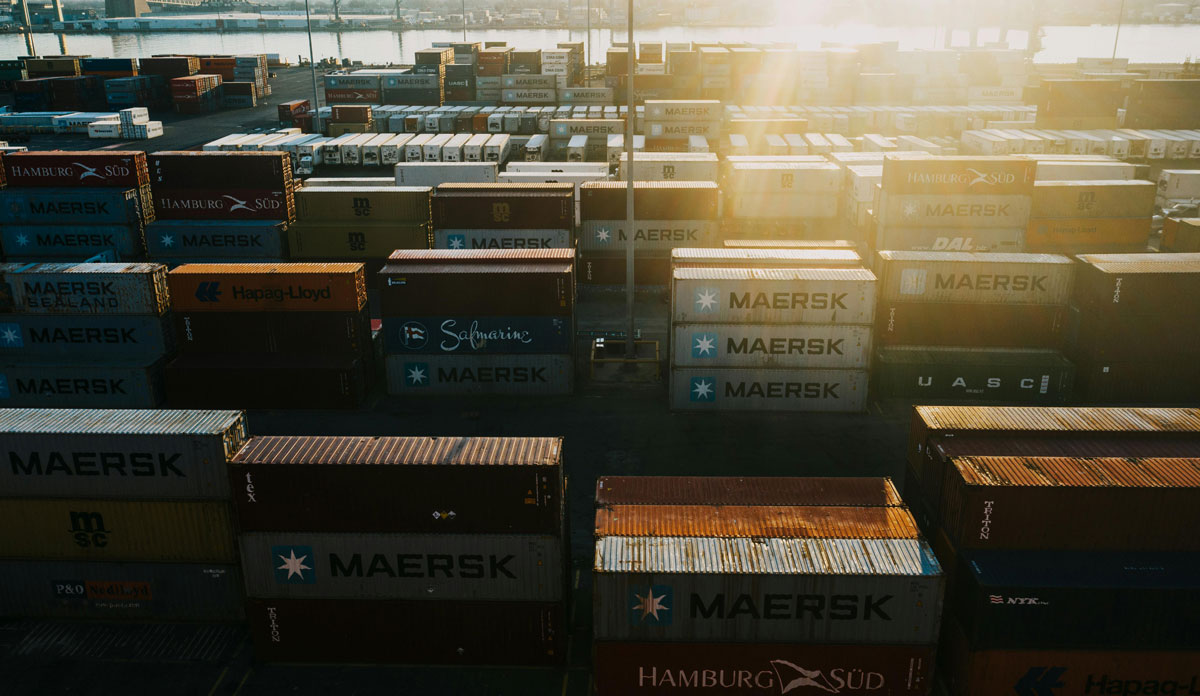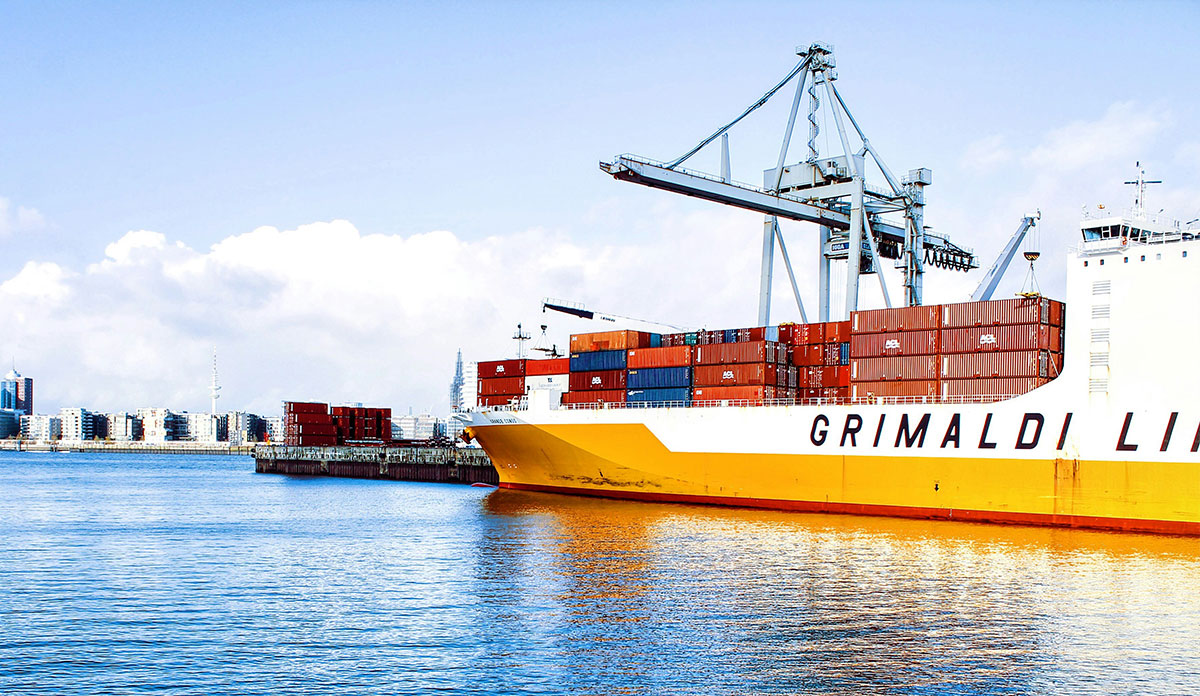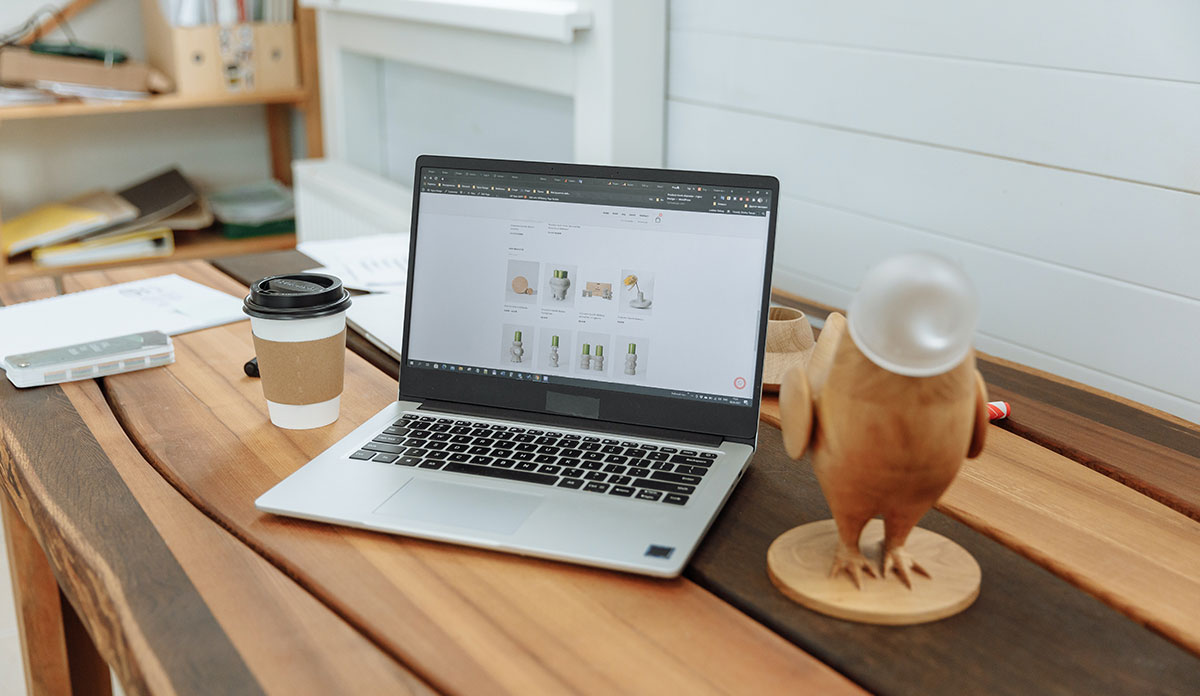
Understanding the Difference Between Sourcing and Procurement
Ever found yourself tossing around the terms "sourcing" and "procurement" like they're synonyms? Don't worry, you're not alone. While they might seem similar, they serve different roles in the supply chain puzzle. Getting these concepts right can supercharge your business, especially when you're looking to import products or streamline your operations.
Sourcing is all about finding the right suppliers and building relationships. It’s akin to dating—you’re looking for that perfect match who understands your needs, delivers quality, and is reliable. Sourcing experts invest a lot of time and effort into researching and evaluating potential suppliers. They sift through countless options to find the crème de la crème that aligns perfectly with your business vision.
On the flip side, procurement takes over once the sourcing pro has locked in those supplier relationships. Think of procurement as the nitty-gritty logistics and paperwork needed to get those goods from point A to point B. It's about negotiating contracts, managing purchase orders, and ensuring everything arrives on time and in perfect condition.
Understanding the nuances between sourcing and procurement can help you make smarter business decisions. It ensures each function operates optimally, saving you time, money, and quite a few headaches. So, let’s dive into what sets these two apart and how they can work together seamlessly to boost your business.
What is Sourcing?
Sourcing is the process of identifying, evaluating, and engaging suppliers to provide goods or services. It’s like being a matchmaker but for businesses and suppliers. The goal is to find suppliers who offer high-quality products, reliable delivery, and favourable terms. In essence, sourcing sets the stage for a strong, efficient supply chain.
A sourcing professional digs deep to understand market trends, supplier capabilities, and potential risks. They scour the globe (or at least the relevant parts of it) to find suppliers that meet the needs of the business. This often involves visiting factories, negotiating terms, and building relationships that stand the test of time. It's all about making sure you’ve got the best options before you commit.
Moreover, sourcing isn’t just a one-time activity. It’s an ongoing process of monitoring supplier performance and adapting to changes. A good sourcing strategy involves re-evaluating suppliers periodically to ensure they continue to meet your needs. This proactive approach helps in maintaining a robust supply chain capable of weathering any storm.
What is Procurement?
Procurement, on the other hand, is the functional process of acquiring goods and services for business use. Once the sourcing team has done its job, the procurement team steps in to handle the logistics and paperwork. Think of procurement as the stage where everything gets finalised—prices are negotiated, contracts are signed, and orders are placed.
One of the key roles of procurement is to manage purchase orders and ensure timely delivery. This involves coordinating with suppliers, managing shipping schedules, and overseeing the receipt of goods. It’s all about ensuring that the right products are delivered at the right time, in the right quantities, and at the right cost.
Procurement also adds value by negotiating the best possible terms and conditions. They focus on getting the best bang for your buck, making sure you get high-quality goods at competitive prices. Efficient procurement processes can significantly impact your bottom line by reducing costs and improving efficiency.
What is Sourcing?
Sourcing is the process of hunting down and selecting the right suppliers to provide the materials, products, or services your business needs. Picture it as a matchmaking adventure but with suppliers and manufacturers instead of people. This stage is crucial because it lays the foundation for your product quality and supply chain efficiency. Without good sourcing, you’re setting yourself up for all sorts of headaches down the line.
A good sourcing strategy involves a lot of research and legwork. You’re not just picking suppliers based on price; you're evaluating their reliability, quality standards, and capacity to meet your demands. This might mean visiting factories, meeting with suppliers face-to-face, and even performing background checks to ensure they tick all the boxes. By the end of this process, you should have a list of vetted suppliers who can deliver what they promise.
Sourcing doesn’t stop once you’ve found a supplier who meets your needs. Ongoing relationship management is a critical part of the sourcing process. Suppliers must be regularly assessed to make sure they continue to adhere to quality and reliability standards. By keeping tabs on your suppliers and managing these relationships well, you can avoid disruptions and maintain a consistent supply of quality products.
What is Procurement?
Procurement, on the other hand, is where the rubber meets the road. Once you've got your list of approved suppliers, procurement steps in to handle the nitty-gritty logistics. Think of procurement as your meticulous, detail-oriented friend who loves making sure everything runs smoothly. From negotiating contracts to ensuring the right products are ordered and delivered on time, procurement keeps things sailing along nicely.
A significant part of procurement involves managing purchase orders. This includes creating and approving purchase orders, tracking delivery schedules, and making sure suppliers meet their deadlines. Effective procurement ensures that your business operations aren't disrupted because of delays or mistakes in the supply chain. It's all about having the right stuff at the right time, in the right place.
Negotiation is another key aspect of procurement. The procurement team works hard to secure the best possible terms and prices from suppliers. This doesn't just mean getting things for cheap; it's about ensuring value for money. By negotiating favourable terms, procurement helps maintain quality while keeping costs in check. A well-oiled procurement system can make a big difference to your bottom line, boosting efficiency and saving money.

Key Differences Between Sourcing and Procurement
While sourcing and procurement are closely related, they play distinct roles in the supply chain. Understanding these differences helps in executing each function effectively.
Sourcing is the preliminary stage, focusing on finding and vetting potential suppliers. It’s all about strategy and relationships. Sourcing specialists explore markets, negotiate initial terms, and build long-term relationships with suppliers. They look for vendors who align with the company's goals, ensuring that quality and reliability are never compromised.
On the flip side, procurement is about execution. Once suppliers are identified, procurement takes charge of the day-to-day operations. This includes placing orders, ensuring timely delivery, and managing supplier performance. Procurement deals with the practicalities and logistics, making sure the supply chain operates smoothly from start to finish.
Sourcing focuses on the "who" aspect, vetting and partnering with the right suppliers. Procurement is more about the "how," managing processes, transactions, and ensuring that everything runs like a well-oiled machine. Knowing these differences can help fine-tune your supply chain strategy for optimal performance.
How Sourcing and Procurement Work Together
Sourcing and procurement aren't standalone activities; they work hand-in-hand to create an efficient supply chain. Consider them as two sides of the same coin, each essential in ensuring business success.
First off, sourcing lays the groundwork. The more diligent and strategic the sourcing process, the easier procurement's job becomes. Strong relationships and favourable terms established during sourcing make procurement tasks like negotiation and order management much simpler. Conversely, effective procurement practices ensure that the quality and reliability verified during sourcing are maintained.
Coordination is key. Regular communication between the sourcing and procurement teams ensures that everyone is on the same page. For example, if the procurement team spots a recurring issue with a supplier, they can flag it to the sourcing team, who can then re-evaluate that supplier if necessary. This synergy helps identify potential problems early, making the supply chain more resilient over time.
A smooth handover from sourcing to procurement ensures continuity and minimises disruptions. When both functions operate harmoniously, it can lead to significant cost savings and efficiency gains. They support each other in achieving the common goal of delivering quality products on time and at the best possible cost.
Conclusion
Understanding the difference between sourcing and procurement can elevate your supply chain operations to the next level. These functions, though different, are complementary and essential for a robust business model. With sourcing focused on finding the best suppliers and procurement dedicated to efficient execution, your business can achieve high standards of quality and efficiency.
By integrating both, you ensure that your supply chain runs smoothly, suppliers are reliable, and costs are optimised. This dual approach allows small and medium-sized businesses to navigate the complexities of international trade effectively. Get the best of both sourcing and procurement with our supply chain management services; partner with Epic Sourcing New Zealand today.
Related Articles
Let’s Make It Epic
We're here to make sourcing simple – and a whole lot less stressful.

.svg)

.svg)





